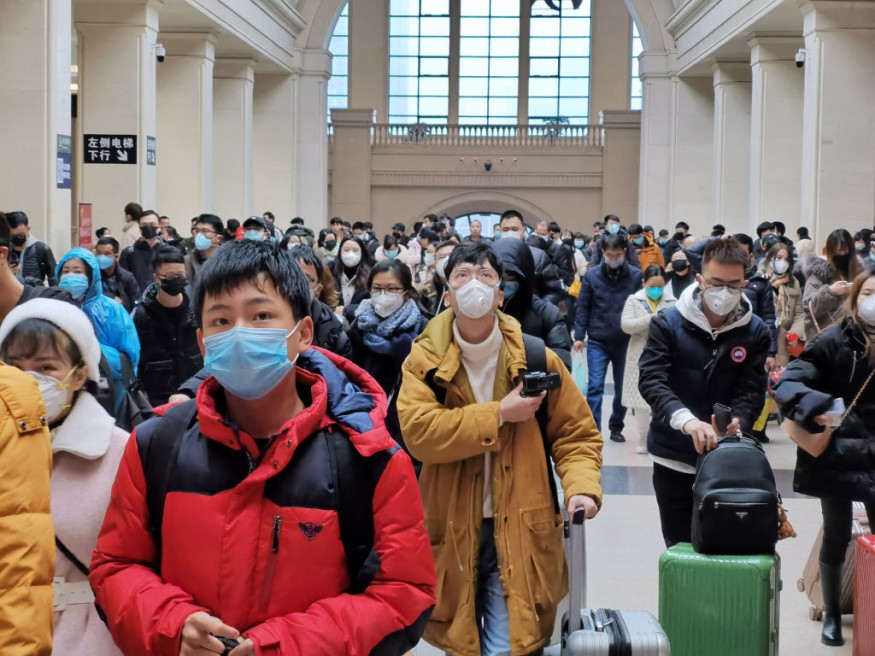Researchers at King's College London released a new report on the long-standing COVID-19 condition and described patients likely to suffer from it.
The study came from 4,182 users of the COVID Symptom Research software that tested positive for coronavirus. According to a Fox News article, those users continued to monitor their health condition even after their recovery.
Researchers observed that for up to 28 days, 558 of these COVID-19 patients suffered symptoms. These include exhaustion, dyspnea, and headache.
The analysis further indicates that 189 people suffered from the symptoms for more than eight weeks, while the other 95 could already have 12 weeks or more. Researchers have noticed, though, that these are only optimistic figures.

What is it and how do you handle it?
Long COVID impacts patients who have already healed from coronavirus but continue to suffer different symptoms such as persistent exhaustion, shortness of breath, or migraines. While they also report problems returning during their recovery, they may still have difficulty focusing and cardiac problems.
The signs of long-term COVID were divided into two categories by researchers. Respiratory problems such as shortness of breath, coughing, headaches, and exhaustion are classified in the first category. The second was multi-systemic, influencing multiple body areas, including the heart, brain, and intestines.
In a King's College London article, King's College London Genetic Epidemiology Professor and COVID Symptom Study lead researcher Tim Spector said that although many people suffer from moderate COVID-19, patients will continue to report one in 50 symptoms of coronavirus for more than 12 weeks.
He also said that apart from thinking about the virus's deaths, treatments for those suffering from long-term COVID should also be offered. "As we wait for a vaccine, it is vital that we all work together to stem the spread of coronavirus through lifestyle changes and more rigorous self-isolating with symptoms or positive tests," Spector added.
Factors
Age, weight, gender, and respiratory condition are among the variables that cause long COVID. In fact, 22 percent of long-term COVID patients are over 70 years of age, which is more than twice that of people between 18 and 49 years of age. Those with higher average body mass index and female patients also have higher chances of experiencing long COVID, but it can also impact younger men.
In the meantime, long COVID can also grow among people who have asthma and others who have recorded having different symptoms at the beginning of their illness. Researchers, however, noticed no strong ties to other health problems.
Rehabilitation and care
While the work has not yet been peer-reviewed and released on medRxiv as a preprint, researchers say that they have been able to build a model that can identify those likely to suffer from long COVID and help establish an early intervention approach for this syndrome.
"It's important we use the knowledge we have gained from the first wave in the pandemic to reduce the long-term impact of the second," said Dr. Claire Steves who is Spector's co-lead researcher.
Steves also said that the research could pave the way for long-term prevention and care of COVID and encouraged the public to download the research and join in the initiative and resolve the syndrome.
The Public Health Service in the U.K. confirmed it will offer specialist support to those suffering from long-term COVID syndrome.
Check out more news and information on COVID-19 in Science Times.












